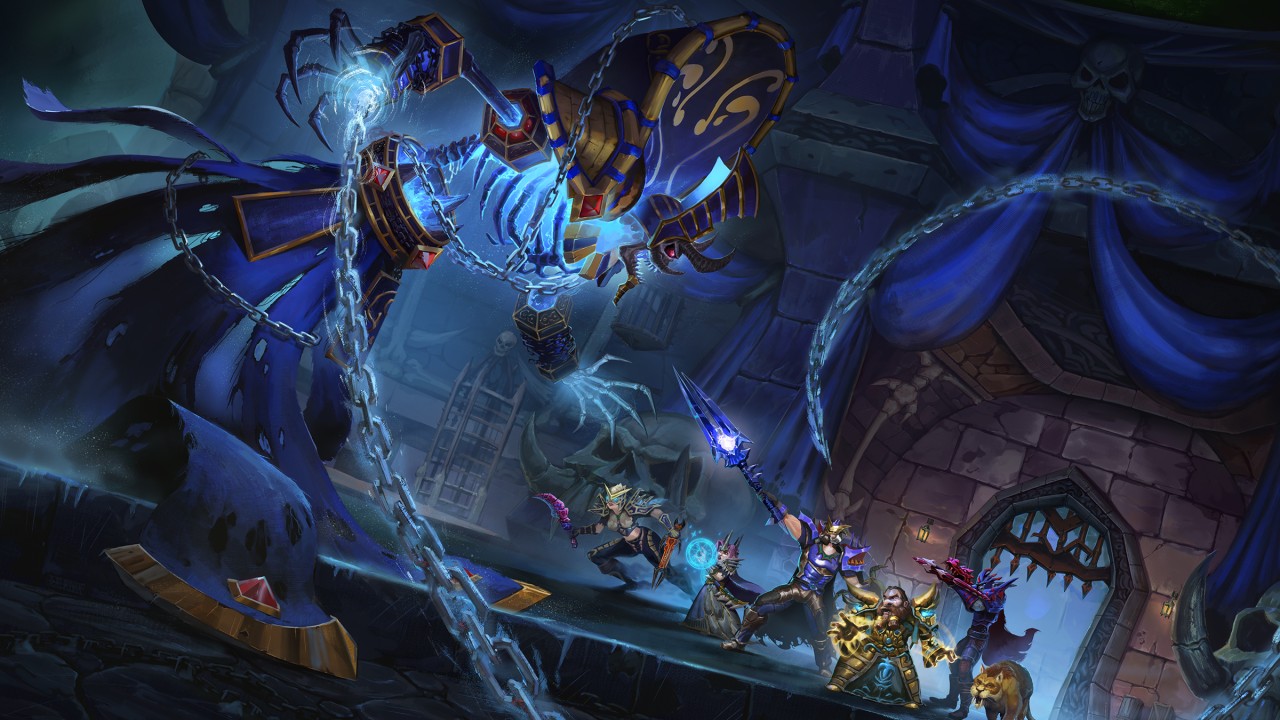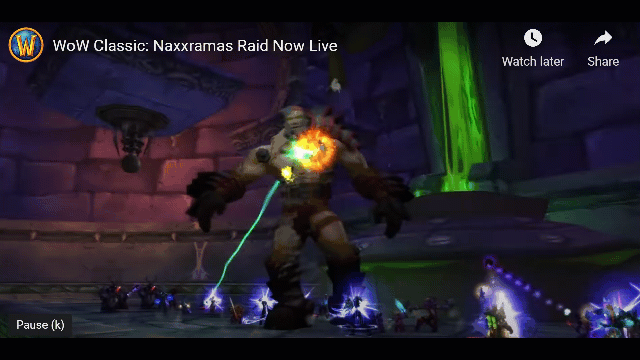
Using Games for Education
Games designed for education are quite different than games designed for entertainment.
I have previously described how all games are educational — It doesn’t matter if we are shooting aliens, flinging angry birds, or leading a guild into battle, our brains are wired to learn.
Let's take a closer look at the benefits provided by games designed for entertainment and the challenges they pose for educators who want to use them.
WoW
First, consider the skills required by a person who is leading a guild into battle in World of Warcraft (WoW)— a massively multiplayer online role playing game with a fantasy-science fiction theme.

The guild leader assembles a group of players from around the world and leads them into various battles — assessing individual player skills and powers, identifying risks, managing time, communicating, adapting, solving problems, resolving conflicts, negotiating, and more.
Daniel J. Moore wrote an insightful article about his experience as a Guild Leader in How I Learned Management Skills in World of Warcraft
Compare the first-hand experience described above with any conventional management or leadership training you may have read about or undertaken. How do PowerPoint slides, executive speeches, empathy workshops, and team bonding sessions stack up?
The Benefits
Here's what makes entertainment games so amazing:
Engaging gameplay — because they are not limited by having to achieve an educational outcome.
Progression — many games are designed to have players progressively grow their skills as they encounter challenges of increasing difficulty.
Depth of play — because game designers want you to play more not less.
Repetition — sometimes called "grinding" — it's not always good, but when designed well can serve as a muscle-memory exercise for your brain to build and reinforce new skills and make it easier to recall and apply those skills in the heat of the moment.
Budget — much of the above is often supported by significant financial investments, which makes it possible to build bigger and better. (Although low-budget indie developers create amazing games too.)
There are more reasons we can list, but that's enough for now.
The Challenges
Ok, so if entertainment games are amazing, why do we need educational games? How are they different?
Here's how and why:
Time — entertainment games often have too many superficial activities which use up valuable curriculum time. Educators only have a limited amount of time to achieve the educational outcomes required of them. A game that takes dozens of hours to play but only achieves a few learning outcomes — regardless of how valuable and sticky they may be — is a deal breaker when an instructor is required to meet 100 learning outcomes in 40-60 hours.
Progress — instructors often prefer that students in the same cohort progress at the same rate through an educational experience. That may not be possible with an entertainment game.
Failure Management — games are all about failure. Failing — repeatedly, and then succeeding. Schools are all about avoiding failure. They are not equipped to manage it. And educators do not have the time and resources to do so with each individual student. The game must manage this, but entertainment games are not designed to do so.
Assessment — entertainment games may not provide the proper data for instructors to assess student performance. And games that do provide deep data may not format it in a way that is educator friendly.
Technology — typical computing devices available in education cannot play some entertainment games. These technical challenges were significant in the 1990s and early 2000s, but less so now. Except for Virtual Reality (VR) where headsets may become the new digital divide.
Student Privacy — entertainment games may collect personally identifiable information (PII) of their players in a way that will be a deal breaker for educators who are legally liable to maintain student privacy.
Theme — entertainment games may have themes or graphics that may not be suitable for (public) education. (Personal example: I designed a game that teaches you how to type using a fantasy science-fiction theme, even though I knew that this theme would not be favored by some typing instructors).
Credentialing — boosting your resume with a certificate or certification can help you win a job, but adding your World of Warcraft leadership skills probably will not. It should, but it will likely have the opposite effect. On a personal note, I'm trying to change that by providing business training with a global business game that I hope will boost personal resumes.
Perception — many people do not appreciate the educational benefits of gaming. They see games as a time-waster or a guilty pleasure. When I started selling my first business simulation game to educators over 20 years ago (2000), I couldn't use the word "game" to describe it or I would be thrown out. More people are gaming now more than ever, but the stigma still exists in the minds of many — particularly the administrative decision-makers.
Which is Better?
If you are designing an educational game or considering adopting one, consider this:
Games designed for learning cannot compete with games designed for entertainment.
If you are comparing fun or repeat play, the entertainment game is always going to win.
That's because whenever a game has some other objective beyond entertainment, the gameplay becomes watered down — there's no way around that.
But — what's important to keep in mind is that games designed for learning do not directly compete with games designed for entertainment. They compete with other resources designed for learning — textbooks, lectures, videos, projects, and case studies.
And that's a competition that educational games will always win.
So there you have it.
This is why entertainment games, as amazing as they may be, are rarely used in education. And why games specifically designed for education are important.
Of course, some adventurous educators do use entertainment games quite successfully — if that's you, share your story in the comments!
PS: Speaking of leadership training, check out my businessXP training — the world's first and only fully-game based training for aspiring business leaders and entrepreneurs.
Receive this newsletter by email —
I'm Mathew Georghiou and I write about how games are transforming education and learning. I also share my experience as an entrepreneur inventing products and designing educational resources used by millions around the world. More about me at Georghiou.com